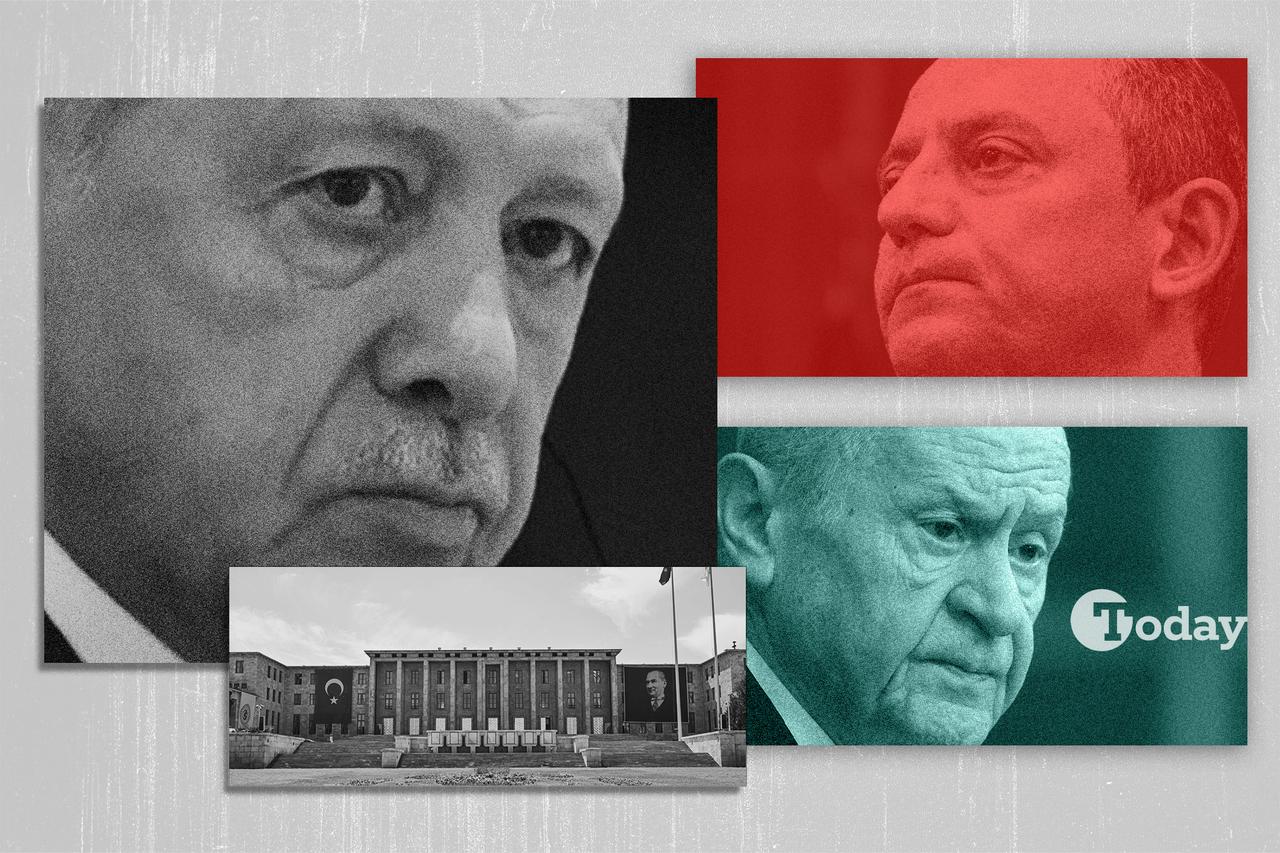
The Iran-Israel conflict has turned into the sole topic dominating the Turkish political landscape since June 13. The notion that Türkiye is Israel's next and final target quickly became a common belief, and the quick conviction that Türkiye's two rivals were fighting and weakening each other slowly faded away. Even people who tend not to believe in conspiracy theories are voicing concerns, and conspiracy folks feel proud.
There is no credible public survey yet, but a majority of Turkish people believe Türkiye and Israel will have an intense confrontation somewhere in the future. People in Pakistan might feel the same way.
On Tuesday, June 17, Devlet Bahceli—the leader of Türkiye’s Nationalist Movement Party (MHP) and a key government partner—declared that “Israel’s objective is to encircle the Anatolian geography,” warning that Türkiye is the “final target.”
Interestingly, in October 2024, Bahceli launched Türkiye's internal peace initiative to embolden Türkiye's domestic front against external dangers such as Israel. A rogue, and empowered Israel and a weakened Iran, which is on the verge of collapse, is seen as an alarming bell for Türkiye across the political spectrum, including Türkiye's main opposition party, the Republican People's Party (CHP).
Perceiving Israel as the biggest threat to Türkiye is nothing new. It echoes a long-standing belief frequently voiced by former Prime Minister Necmettin Erbakan, the ideological mentor of President Recep Tayyip Erdogan. His son, Fatih Erbakan—now a political figure in his own right—revived the claim last week, reiterating it in response to Israel’s recent military actions.

The theory gained further traction after a clip from Israeli television went viral, in which a commentator claimed Israel would “ultimately face Türkiye.” The video circulated widely not only in Türkiye but also in parts of the Arab world, feeding into a broader narrative of regional endgame scenarios. Following the virality of the video, the presenter said it was merely a joke.
However, the fear is not rooted in a single broadcast. Popular opposition journalist Yilmaz Ozdil, the favorite boy of the secular and Kemalist older generation, wrote that Türkiye was in the crosshairs of the West and Israel, and a dangerous set of circumstances was slowly approaching.
Ozdil advises that Türkiye should be very careful about domestic political harmony. So, this is not a fear or anxiety that is felt only among conservative circles of the country, but rather both sides of the Turkish political spectrum are on edge.
Security analysts and journalists have revived the "Türkiye next" narrative, interpreting Israel’s latest moves as the opening phase of Iran’s collapse—an outcome that, they warn, could pave the way for Türkiye to be weakened next.

The fear of targeted regime change is not without precedent in Turkish political memory. A sequence of foreign interventions—including the U.S.-led invasion of Iraq in 2003, the assassination of Libya’s Muammar Gaddafi, the eruption of Syria’s civil war in 2011, the military coup against Egypt’s Mohamed Morsi in 2013, and sustained sanctions against Iran—has built a sense in Türkiye that it sits next in line as a Muslim country.
The assassination of Hassan Nasrallah, a strong Shia figure who headed Hezbollah for decades, can be added to the list as well.
Those are all conspiracies now, but their believers are increasing as long as Iran and Israel continue their mutually destructive war.